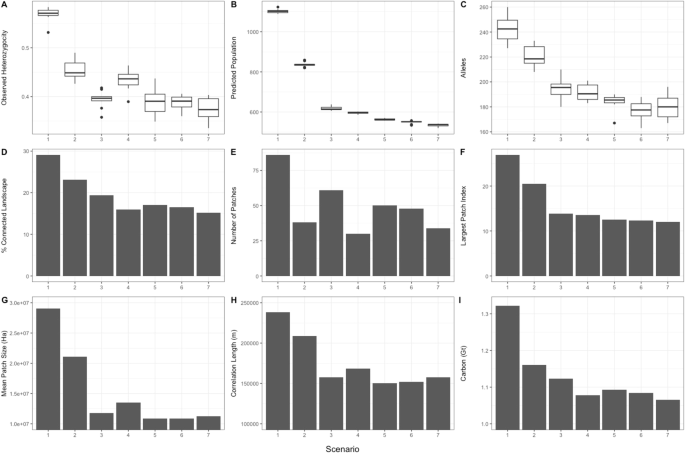- Select a language for the TTS:
- UK English Female
- UK English Male
- US English Female
- US English Male
- Australian Female
- Australian Male
- Language selected: (auto detect) - EN
Play all audios:
It’s easy to see why Emily Maitlis would be surprised and put out by the BBC’s decision that her introduction to Tuesday’s _Newsnight_ about Boris Johnson and Dominic Cummings broke the
corporation’s editorial guidelines. It was a characteristically sparky piece of writing; it had immediately been acclaimed by thousands on Twitter; and it wasn’t much different from lots of
other mini-editorials on the BBC in recent years. Andrew Neil routinely used to open _This Week_ with a monologue that was far ruder and more pointed than Maitlis’s effort. And yet I can see
why BBC bosses responded as they did. It was not an impartial piece on this epic political row, which is precisely why so many flocked to ‘like’ it on social media. It was unambiguously
clear what Maitlis’s own position was, and she stirred in words such as “fury, contempt and anguish” to describe the national mood when a significant minority doesn’t share that view (28 per
cent of the electorate don’t think Cummings should resign, according to YouGov.) As the BBC press statement said, “the introduction was a summary of the questions [Newsnight] would
examine”; but the programme had already made its mind up about the answers. So how did a brilliant journalist on one of the BBC’s most intelligent programmes end up on the wrong side of the
corporation’s editorial police? Much of the blame sits with the BBC management, who have been woolly and contradictory in their determination of what impartiality is in a modern broadcasting
environment. I was part of the generations brought up to believe that presenters’ views should never be known; and as an editor I would excise any glimmer of a political opinion in a
script. This does not lead to flabby journalism. Quite the opposite, in fact: the questions can be tougher and the investigations more rigorous if you are not open to the charge of pursuing
a personal agenda. But the BBC’s traditional restraint has been swept away in the age of social media. On-air staff have been actively encouraged to engage with their audiences and to show
their personality. At least one senior News manager now regrets this, because it almost inevitably reveals presenters’ opinions too; and it can generate a vicious Twitter mob hounding
individuals and co-ordinating complaints. I wrote here last November that I felt I knew too much about Maitlis’s own views on Brexit; and it’s easy to trawl through the Twitter accounts of
other BBC correspondents, as their critics do, and find similar patterns emerging. That becomes even more obvious when you switch to other channels, and see Piers Morgan’s incandescent
tweets about government policy on the coronavirus crisis – from someone who is presenting ITV’s flagship public service breakfast programme. He tweeted recently “the health secretary has
lost all credibility”, having previously accused the government of deliberately lying – which puts into context Matt Hancock’s refusal to appear on his programme. The response to this by
management and regulators has been muddled. As ever, the BBC led the way in sowing confusion. It initially upheld a complaint against Naga Munchetty’s critical comments about Donald Trump on
_BBC Breakfast_, a decision that was correct under traditional guidelines. But then, when lots of people got cross about it, it reversed its own decision and said she was entitled to
express her opinion. No wonder presenters and editors are unsure about what’s permissible and what’s not. I would also be intrigued to know whether the editorial compliance folk are
listening again to the essay contributed by Cummings’ wife, Mary Wakefield, to the _Today_ programme on 25 April, in which she set out a misleadingly partial account of her self-isolation.
But where the problem becomes particularly acute for the corporation is in its aspiration to be a broadcaster for the whole of the UK. That means it should not sound like either the
_Guardian_ or the _Daily Mail_, and its funding by the entire British population gives it an obligation to reflect the full diversity of views within the country. It struggles to do that,
because it is a rather liberal organisation which recruits many of its staff from metropolitan areas; and they are typically graduates with a worldview which is different from a car worker
in Sunderland or a hill farmer in Brecon. This means the BBC has been ill-equipped to cope with the forces of Brexit or the rise of Boris Johnson. In the last year, in which Johnson swept to
a landslide victory in the Conservative leadership contest, and then to a thumping win in the general election, it is hard to think of any BBC presenter who could be accused of a
pro-Johnson bias. The traffic is all speeding in the opposite direction. It is a pressing challenge for the BBC’s next director-general to address the Westminster obsessions and London
perspectives which hamper an understanding of the country we now are, and which also risk creating an army of licence-fee refuseniks. But they will also need to sort out what impartiality
means for public service broadcasting in a fractious, digital era. At the moment, the corporation is leaving the public — and its own journalists — in the dark.









